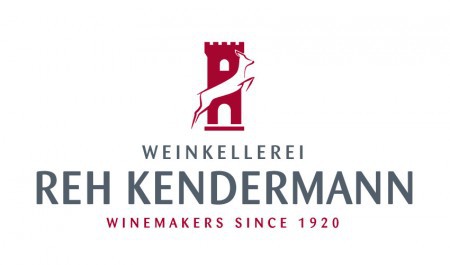
E-commerce to represent 7.2% of FMCG retail by 2020
Retailers are being urged to adapt their strategies around the “evolution of channels” in light of research which showed that in 2017, 76% of fast-moving consumer goods’ (FMCG) value growth came from channels outside traditional supermarkets.
According to a new omnichannel retail report from Kantar Worldpanel, discounters, e-commerce and cash and carry – the three fastest growing channels globally – will continue to outperform hypermarkets and supermarkets in terms of growth and represent 15.3% of FMCG products – including alcohol – by 2020.
The figures highlight the rising demand for convenience and budget shopping options in the UK and worldwide.
While supermarkets remain the most important FMCG channels, the pace of growth is slowing (+0.8% in 2017).
E-commerce is expected to be the biggest growth winner going forwards, with share of total global FMCG sales forecasted to reach 7.2% by 2020.
This estimate was based partly on the strong growth of e-commerce in 2017, when it rose by 15%.
Discounters grew by 5.2% and cash-and-carry was up 4.4%.
“The global FMCG market is harder than ever growing only a +1.9% in value last year while gross domestic product (GDP) experienced an almost +4% growth,” Stéphane Roger, Kantar Worldpanel global shopper and retail director, said.
“Beyond the average, growth is fragmented because of booming e-commerce and discounters, and struggling hypermarkets and supermarkets. Shoppers are giving a clear message: they want convenience and value for money.”
Roger went on to predict that spending in supermarkets and hypermarkets will decline from a large base to 48.4% in 2020, indicating that “successful strategies need better understanding of the new channel dynamics at play and the differences between countries.”
A more fragmented retail landscape means companies are being urged to be more agile, taking cues from the convenience sector, which is expected to account for 5.8% of global FMCG share by 2020.
Traditional trade, including independents, will account for 18.4% globally.
The FMCG market overall also has its challenges.
It grew globally 1.9% in 2017, boosted by less mature markets such as Africa, Latin America and Asia (+8.8%, 7.3% and 4.3% respectively).
In contrast, the market grew by 2.2% in Western Europe, where it was influenced by Brexit-related inflation in the UK, while and US, the biggest contributor to FMCG spend in the world, saw almost flat growth (+0.5%).
Demand is declining, said Kantar, for three key reasons: population growth is slowing, people are generally trading down on their FMCG spend either by buying less or choosing private label, and are shopping less frequently.
Keywords:
- UK
- US
- commerce
- growth
- Discounters
- retail
- globally
- global
- kantar worldpanel
- fmcg
- supermarkets
- 2%
- 4%
- global fmcg
- fmcg spend
- fmcg market
- countries ”a
- retail landscape means
- fragmented retail landscape
- new channel dynamics
- worldpanel global shopper
- “successful strategies need
- GDP






